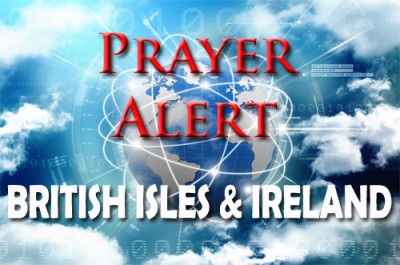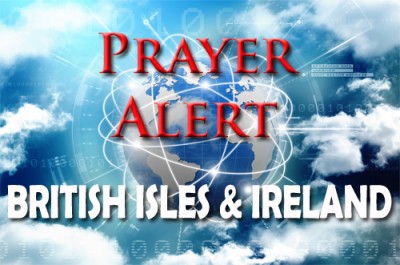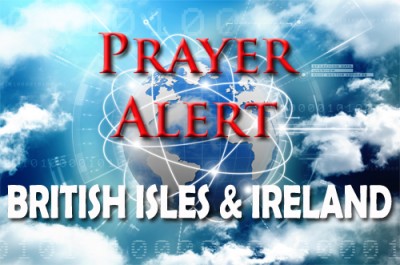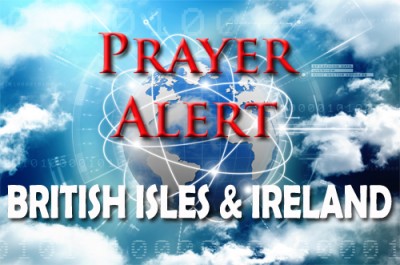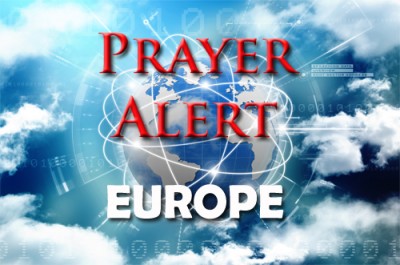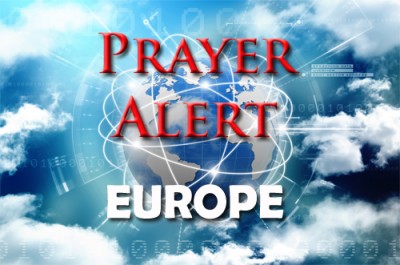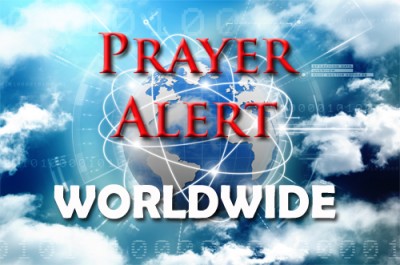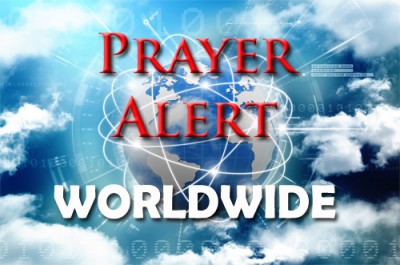Alice Roberts, a professor at Birmingham University who presents BBC documentaries, has been criticised by her own mother for fronting an ‘antagonistic’ campaign by Humanists UK to end state funding of faith schools. Her mother Wendy, who taught for many years in faith schools, took the highly unusual step of writing to the Sunday Times to say that such schools ‘have been and still are a most benign benefit’, and she was embarrassed and upset by her daughter’s decision. Meanwhile, in a list of 500 top primary schools issued by the Sunday Times, nearly half are faith-based (mostly Catholic or CofE), vying with top fee-paying private schools. The news comes as ministers press ahead with plans to create many new Catholic-only schools in 2019, despite protests from critics. See https://www.thetimes.co.uk/article/best-uk-schools-guide-church-schools-challenge-top-fee-paying-preps-9vdj725tn
School took all children to a gay pride event
23 Nov 2018A Christian parent is challenging a London school which took all its children to a gay pride event in June 2018. Heavers Farm Primary School allegedly said the visit did not come under sexual education, and so opt-outs were not granted. Headteacher Susan Papas said at the time: ‘We believe that it is important to teach children about diversity and acceptance, and we stand by our decision.’ Fourteen parents complained, and on 20 November Izoduwa Adhedo and her husband, with a Christian Legal Centre representative, met the school governors. Mrs Adhedo said, ‘After I complained about my young child being forced to take part in an event that goes against our Christian beliefs, the school's attitude towards me changed completely.’ She feels that senior staff misled her with incorrect statements of law and failed to follow proper procedures. Her son no longer attends the school, because they were 'bullied out of it'.
TV reality show participants pray together
23 Nov 2018Participants in ITV's I'm a Celebrity have been seen praying together. On 19 November, viewers saw quiz supremo Anne Hegerty offer to spend time in silent prayer for actress Emily Atack, who had been voted by the public to take part in a challenge which would see her locked in a box with more than fifty snakes. Hegerty said, ‘Shall I spend twenty minutes silently saying a rosary that everything will go OK?’ Atack replied, ‘I would love that’, and then gave the sign of the cross before sitting down to pray. Singer Fluer East also joined in. Speaking to the camera, she said: ‘I was praying, please keep Emily safe. I think she needed that - a bit of calm.’ Atack successfully completed her ordeal, winning nine meals for her fellow campmates.
Call for ban on alcohol advertising in winter
23 Nov 2018Dr Peter McCann, an alcohol and drug rehabilitation expert, has called for a ban on alcohol advertising in winter and stricter laws on alcohol pricing. He says that new research has established a definite link between the climate and rates of binge drinking and liver disease, and added, ‘This weather-related alcohol consumption is directly linked to our chances of developing the most dangerous form of liver disease - cirrhosis - which can ultimately end in liver failure and death.' On the same day, health experts at a WHO summit in Edinburgh heard how minimum pricing introduced in Russia in 2010 has significantly reduced alcohol-related harm. It is still too early to gauge the impact of similar measures rolled out in Scotland recently.
Spain: no to Brexit because of Gibraltar?
23 Nov 2018Prime minister Pedro Sánchez says that Spain will reject the draft Brexit deal unless the status of Gibraltar is clarified. Spain claims the peninsula, ceded to the UK by a 1713 treaty, and wants to ensure that future EU talks with the UK do not cover it. Throughout the Brexit negotiations, Spain - along with Ireland and Cyprus - has conducted separate talks with the UK about specific border issues. On 19 November foreign minister Josep Borrell said that talks on Gibraltar had to be ‘separate negotiations’, and Mr Sánchez followed up by emphasising that any future negotiations should only be bilateral, without involvement by the EU.
War of words between Italy and EU
23 Nov 2018Italy has refused to back down over its expansionary 2019 budget, which EU chiefs claim breaches previous spending agreements. The indebted nation at first unveiled plans for a deficit budget of 2.4% of GDP, three times the previous administration's target. The European Commission rejected the draft and demanded it be revised to a more realistic level. But the Italian government has so far refused to budge, saying the spending plans are in the best interest of the Italian people. Prime minister Salvini has even threatened to veto the next proposed eurozone budget, in retaliation. However, that budget will be available only to those countries which abide by EU rules about budget deficits and debt; so Italy could be left out in the cold if the dispute is not resolved.
Rain will hamper California search efforts
23 Nov 2018California firefighters say rains will aid efforts to contain the wildfires, but will also turn ash on the ground into a thick sludge. Workers will struggle in the mud, and there could be land and mudslides, officials warn. The wildfires have so far claimed a total of at least 80 lives. The fire in northern California, which has destroyed at least 10,500 homes in the town of Paradise, with nearly 1,000 people still unaccounted for, is unlikely to be fully contained before the end of November. Sheriff Kory Honea said it was possible that the full death toll in Paradise may never be known.
Nepal: church forced to close
22 Nov 2018After two months of harassment from high-caste Hindus, a church in Nepal has been forced to shut down. Brahmins had disrupted worship of the Pakhluwa Eternal Life Church each week, and accused pastor Tufani Bhar of converting villagers. Church members had resorted to meeting in homes, but the Brahmins issued threats to anyone found meeting even there. Pastor Bhar said that he had tried everything possible to preserve the fellowship, but was unable to withstand the opposition. Initially the Brahmins objected to the use of guitar and drums in the church service, so they worshipped in silence. The next objection was to the monthly Lord’s Supper, and opposition rose steadily until they were refused permission to meet at all. Church attendance fell from 30 to 16 people, before disbanding last weekend due to fear.
